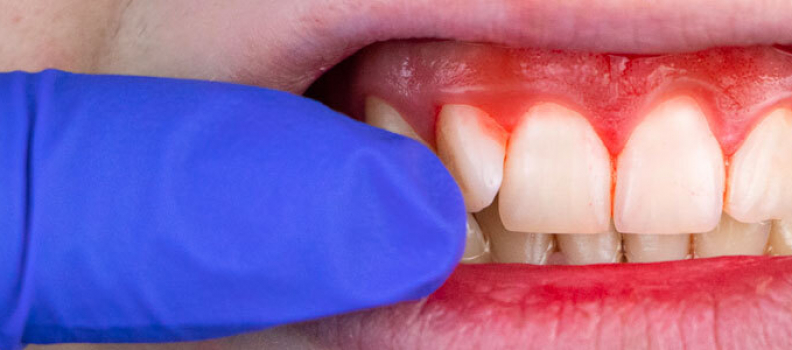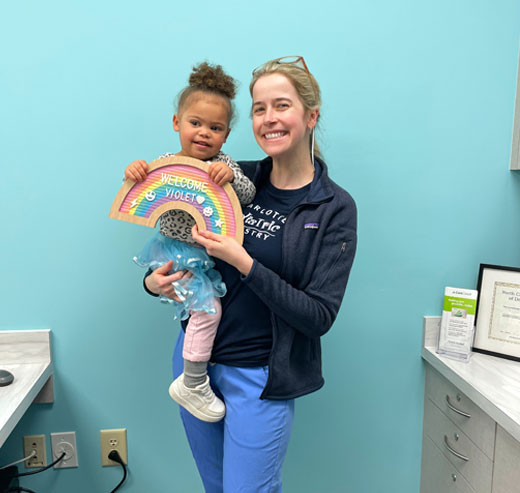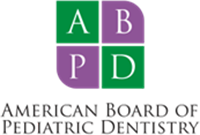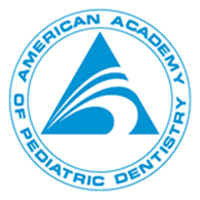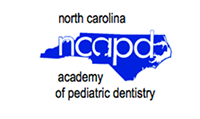As your children grow and develop, it’s important to teach and continually encourage healthy dental hygiene habits. This is crucial because if your child does not take care of their dental health, they could be at risk for periodontal disease.
What is periodontal disease?
Periodontal diseases, also called gum diseases, are bacterial infections that damage the gums and other tissues in the mouth. Much more serious than a cavity, periodontal disease affects all of the bones around the tooth, the gums, the coverings of the roots of the teeth, and the membrane of the tooth. If left untreated, periodontal disease will lead to tooth loss as the gums recede.
What causes periodontal disease?
Bacteria and plaque is the most common cause of periodontal disease. Other potential causes of gum disease include:
- Genetics
- Food frequently stuck in the gums
- Mouth breathing
- A vitamin C deficiency
- Autoimmune or systemic diseases
- Diabetes
- Hormonal changes in the body
- Bruxism
Treatment of periodontal disease in children
If periodontal disease is caught and treated early on, it can be stopped and reversed. To know if your child is in the early stages of periodontal disease, pay attention for the signs and symptoms, including:
- Bad breath
- Increased sensitivity
- Swollen or red gums
- Heavy tartar buildup on teeth
- Loose teeth
- Gums that regularly bleed after flossing or brushing
How to prevent periodontal disease
Because periodontal disease is caused by an infection of the gums, it typically starts due to poor dental hygiene. In an effort to prevent your child from contracting periodontal disease, or even gingivitis, your child should be practicing healthy dental hygiene habits. This includes brushing for two minutes twice a day, flossing daily, and visiting the pediatric dentist for regular exams and cleanings.
If you’re worried about your child developing periodontal disease or have more questions about prevention, contact Charlotte Pediatric Dentistry.
